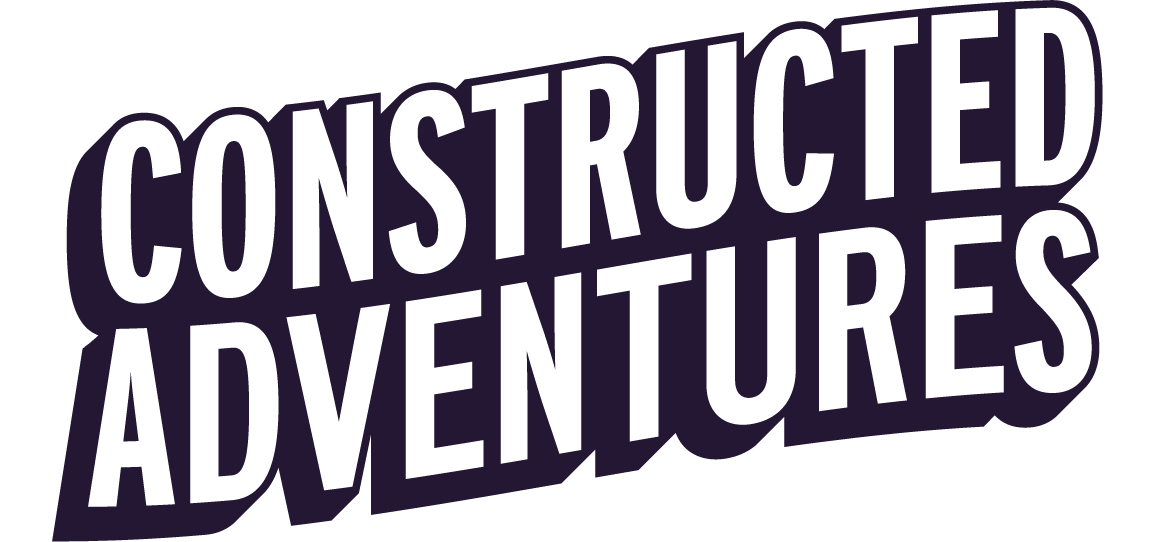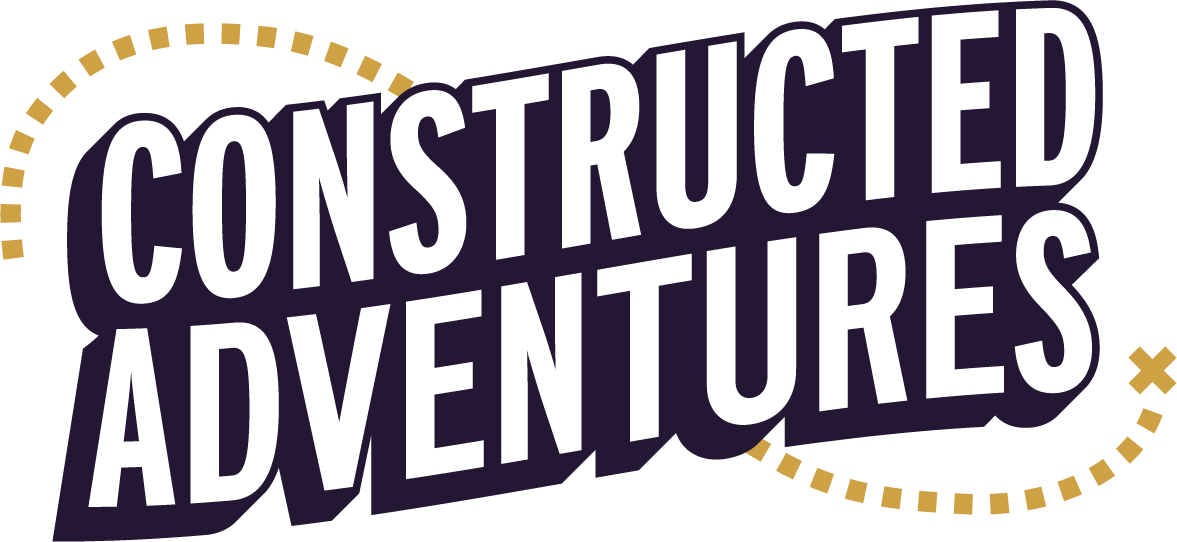Strategies to solve more advanced puzzles
Picture this
you’re starting to get a handle on this whole “puzzle hunt” thing. Maybe you’ve started going to Puzzled Pint every month. Maybe you’ve solved a few beginner-level puzzle hunts (perhaps our very own Grand Hunt Digital?). Or maybe you’ve even made a few puzzles of your own. Either way, you’re ready to take your puzzle-solving skills to the next level. The only question is, how?
If you find yourself in this situation, you’re in the right place. Here’s some simple tips to help you solve trickier puzzles.
1. Take good notes!
It might seem basic, but good note taking can be a crucial step when trying to solve a complicated puzzle. In addition to keeping track of your progress – clues that you’ve found, for example – make a note of any observations you have! Does something seem a little strange to you? Do two things seem connected in some way? Write it down! You’d be surprised how often these little observations are the key to figuring out a puzzle – and if you’re working with a team, sharing an observation with a teammate might just set off a lightbulb in their head!
2. Google with quotes!
Adding quotes to your Google search tells the search engine to look for that exact phrase, rather than just try to match some of the words. This is super helpful if a puzzle seems like it’s referring to a source material like a movie or TV show, but you just can’t place where it’s coming from. If you’ve found anything that seems suspicious – maybe a list of names, keywords, or a strange phrase – try Googling all of them with quotes around them and see if anything comes up!
Here, we’ll practice. Can you figure out what source material these three items have in common? The answer is at the end of the post!
SHOWER RODS
HAMSTER CAGES
CALCULATORS
3. Use Onelook and Nutrimatic!
Onelook and Nutrimatic are two of the most powerful tools that puzzle solvers have at their disposal. Both are search engines that can be used to find specific combinations of words or letters. Onelook searches a ton of dictionaries for its words – it can help fill in missing letters (searching “P????E” will find words that start with P, end with E, and have 4 letters in between, like PUZZLE) or find words that are close in meaning to other words (searching “B*:colors” will find words that start with B and are related to colors, like BLUE). Nutrimatic is a similar concept, but more powerful. It mines the entirety of Wikipedia for its target phrases, and can be used to fill in missing letters or words, find common phrases, anagram letters, and so much more. It can be tricky to use, though, and relies a lot on Regular Expression, so check the link for a helpful tutorial on how to use RegExp.
4. Practice, practice, practice!
You’ve heard it a thousand times before, but practice makes perfect! The more puzzles you play, the more familiar you’ll get with certain concepts and methods, and the easier it’ll be to spot those methods in the future. If you need more puzzles to play, here's a great list. And of course, you can join us on the Constructed Adventures Discord and Subreddit, where we regularly tackle new puzzle hunts as a team!
That’s all for today. Happy puzzling!
(P.S. All of the items from section two are featured in Weird Al Yankovic’s song Hardware Store. Nice job if you figured that out!)





